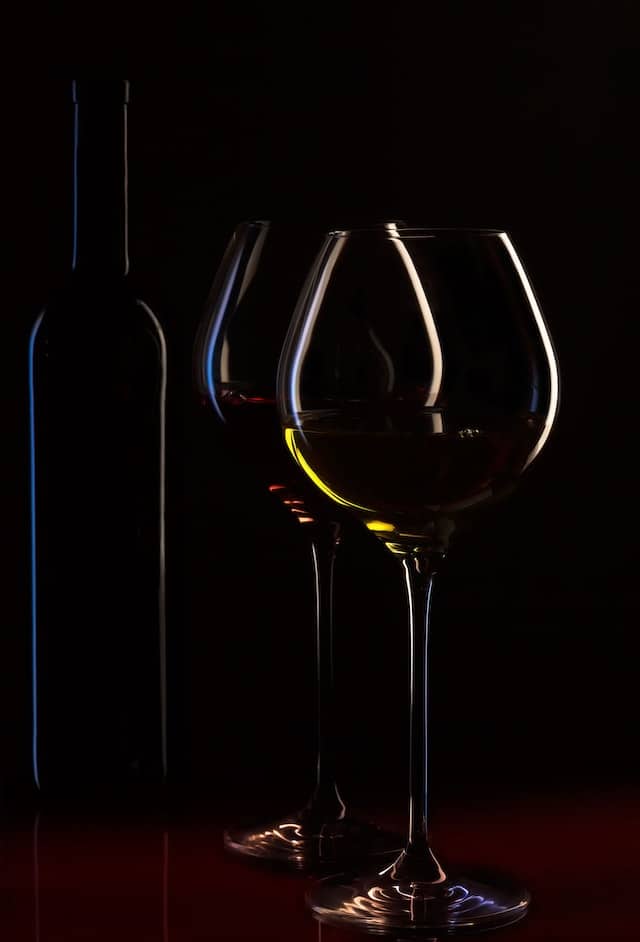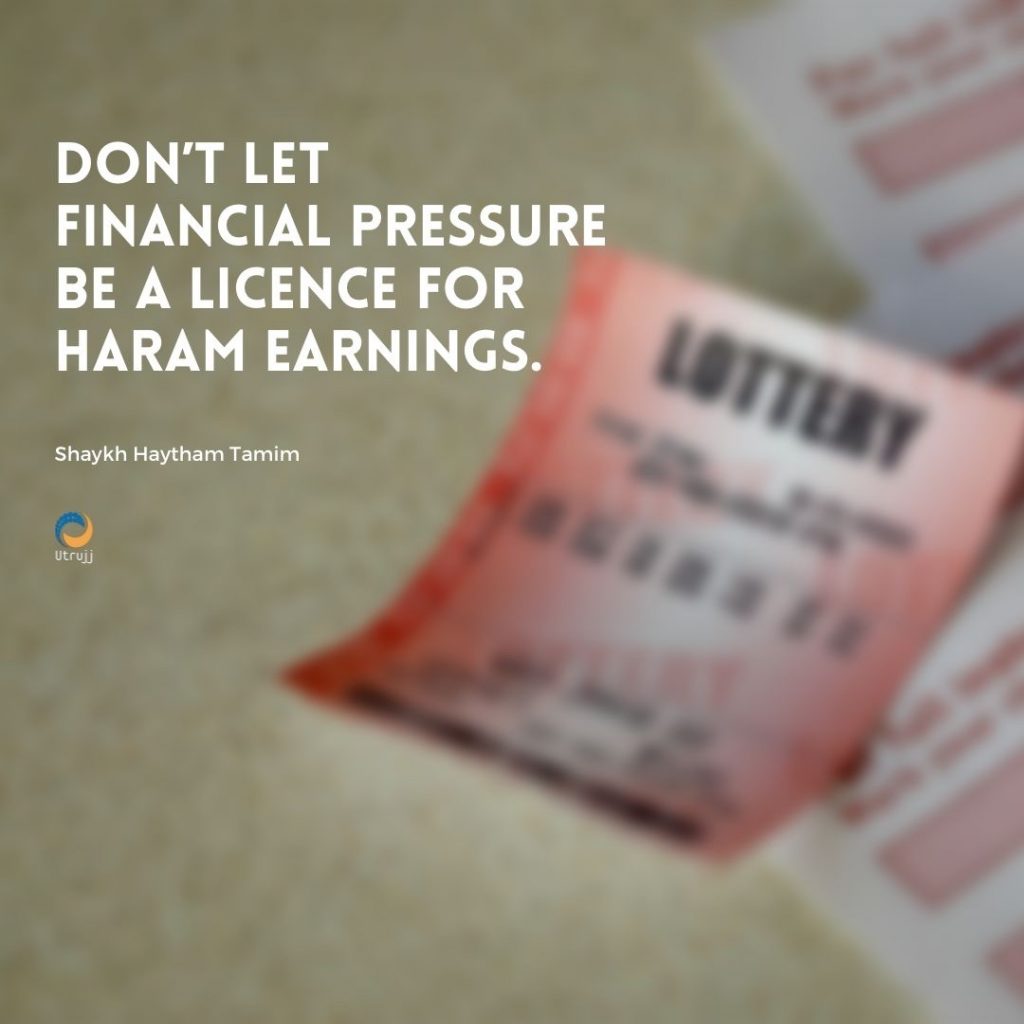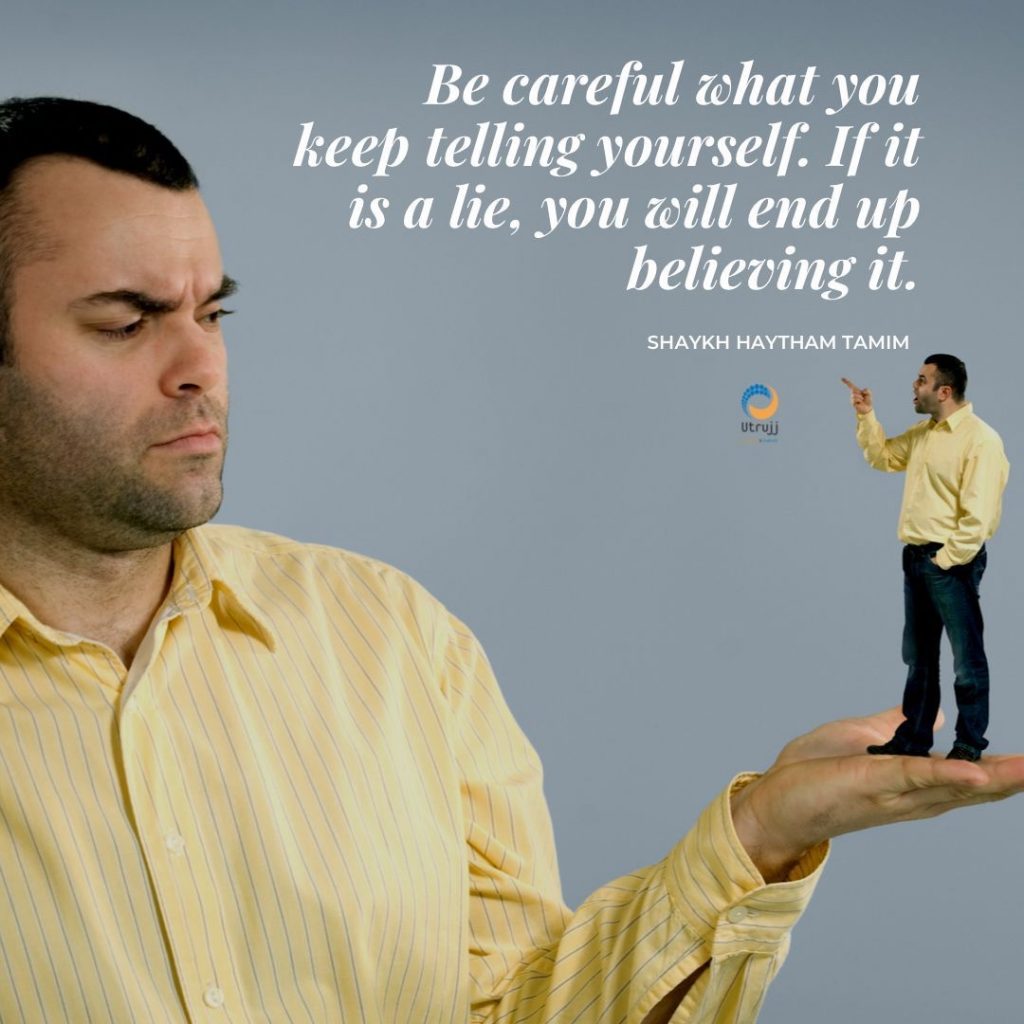Don’t try to legitimise sin

Don’t appoint yourself as God
Among of the verses of Surat ash-Shura, Allah Almighty says:
‘Or do they have partner gods who have prescribed for them some other religion, which Allah did not permit?’ [42:21]
Allah is talking about a common phenomenon in any community – those who are corrupting and changing what has been revealed from Allah Almighty.
In the Arab community when the Quran was revealed, they had their cultural customs and practices, which they were clinging to as if they were a religion. In this ayah, Allah is asking who had prescribed this for them. Who told them what is allowed or not allowed? Where was their evidence of prohibition or permissibility? Those who are making halal haram, or haram halal, changing and twisting revelation and the rules of Allah are appointing themselves as gods. This is not their job: it is up to Allah.
Allah will protect the Quran
Allah sent prophets and messengers to clarify what is allowed and what is not allowed. He promised:
‘We have, without doubt, sent down the Message; and We will certainly protect it.’ [15:9]
Allah has protected the Quran, and He promised to keep it protected from any corruption. The problem is not the sacred text, the problem is with those who present the Quran to people. Hypocrites and outsiders twist the revelation when they interpret the verses in a way that is not in line with the revelation itself. They are changing the rules of Allah, which is itself haram.
This is why the Prophet (peace be on him) was very keen on putting a fence around the religion.
‘Aishah (may Allah be pleased with her) reported that the Messenger of Allah (ﷺ) said:
“If anyone introduces in our matter something which does not belong to it, will be rejected”. [Bukhari and Muslim]
People get a bit touchy when you mention bid’ah (innovations in the religion), because these days the term is constantly being used and abused. However the concept of bid’ah is important as it protects the religion from any changes and corruption. As with anything though, people can misuse it.
Don’t try to make the haram halal
Abdullah ibn Abbas (may Allah be pleased with them) narrated:
The people of pre-Islamic times used to eat some things and leave others alone, considering them unclean. Then Allah sent His Prophet (ﷺ) and sent down His Book, marking some things lawful and others unlawful; so what He made lawful is lawful, what he made unlawful is unlawful, and what he said nothing about is allowable. And he recited: “Say: I find not in the message received by me by inspiration any (meat) forbidden to be eaten by one who wishes to eat it….” up to the end of the verse. (6:145) [Abu Dawood]
A modern version of twisting Allah’s rules is some people today who say that the interest in banks is not the riba which Allah prohibited. What’s their evidence? They say it’s not riba, it’s interest, the concept is different, the circumstances are different.
One of the most detested sins is riba. This also carries weighty punishment in the akhirah, and similar to the consumption of alcohol is the reason for one’s dua not being answered. It is not coincidental that the three sins of consuming alcohol, engaging in zina and dealing in riba are of detriment to society. Riba creates huge inequality and upsets the free flowing economy whilst creating oppression to those in poverty and in need.
Yet those who want to engage in riba will just lecture you and try to philosophise over the definition of interest and argue that is extortionate amounts not all interest, when in fact: riba is interest and interest is riba. That’s it. Don’t try to make what is haram halal. End of the story.

It’s not a reason or an excuse to make the haram halal because you are involved in it. Say, this is haram and I ask Allah to accept my repentance. I have shortcomings and I’m struggling with this. Don’t say, this is halal because I’m doing this. There is a big difference between doing a sin while you know it is a sin, and asking Allah for forgiveness, versus getting involved in the sin and saying it’s actually halal.

Alcohol is even more haram than haram
Allah Almighty stated in the Quran:
O you who believe! Intoxicants, gambling, idolatry, and divination are abominations of Satan’s doing. (Faj-tanibouh) Avoid them, so that you may prosper. [5:90]
For instance, some people drink alcohol and say it’s halal. They argue that Allah only says Don’t drink alcohol’ – He doesn’t actually say it’s haram. That is not the case at all. He didn’t say it’s haram, He said it is Haram PLUS! He said faj-tanibouh. If you understand Arabic, this means that it is not just haram, it’s worse than haram.
If I say to you, ‘don’t drink this water’, you could still touch it and you could carry it, and you could pass it to someone, as long as you did not drink it yourself. However, if I say ‘ijtanib this bottle’, it would mean you are not allowed to go near it. You cannot touch it, let alone drink it.
In Surah Maidah, in the 7th year of Hijra, alcohol was prohibited completely – so not a single drop could be consumed thereafter. Allah Almighty stated:
O you who believe! Intoxicants, gambling, idolatry, and divination are abominations of Satan’s doing. Avoid them, so that you may prosper. [5:90]
In the subsequent ayah, Allah Almighty gave the final warning to believers to stop drinking; He reminded them of the harm, and asked emphatically ‘Will you not stop?’ (Using the verb intaha, i.e. finish). To this the companions replied, ‘Bala’ i.e. yes. And they stopped.
Satan only wants to cause between you animosity and hatred through intoxicants and gambling and to avert you from the remembrance of Allah and from prayer. So will you not desist? [5:91]
Blocking access
Once it was prohibited, Allah Almighty closed the gates that lead to this haram by making it sinful to have any connection to alcohol. He was blocking all access to this sin by cursing 10 types of people as per the hadith, narrated Anas bin Malik:
The Messenger of Allah (peace be on him) cursed ten involved in wine: The one who presses it, the one who has it pressed, its drinker, its carrier, and the one it is carried to, its server, its seller, the consumption of its price, the one who purchases it and the one it was purchased for. [Tirmidhi]
This means that the haram extends beyond the sin and believer is commanded to avoid any dealings in its trade, consumption and even to not be in the vicinity where it is drunk – there is to be no contact with it under any circumstance. The word fajtanibuh (avoid) from the verb Ijtanaba is stronger than tahreem, and means don’t come near.
This is similar to the command to Adam and Eve la taqraba, do not even approach the tree (2:35), let alone eat the fruit. Allah Almighty is thus instructing believers that it is not enough to refrain from sins, but they have to actively protect themselves from the sin by keeping well clear of it. This is more than a command not to do something, it is a command not to have anything to do with it at all.
Despite all the clear instruction that alcohol is a sin, people ask where it says alcohol is haram. Sadly you can’t buy a cure for ignorance from the pharmacy. As the Prophet Muhammad (peace be on him) said in the hadith:
‘The only cure for ignorance is to ask questions.’ [Abu Dawood]
To summarise, there’s a big difference between being a sinner and asking Allah for forgiveness, versus legitimising your sin because you are doing it. Even though both are sins, the difference is as great as between the Earth and the Heavens.
If you are trying to justify your sin by claiming that it is not a sin in the first place, ask Allah for forgiveness, but don’t claim the haram is halal. This will throw you in the Hellfire. It is a much greater sin than the sin you are doing. Playing God in this way is completely haram – it is at the top of the list of great sins.
We ask Allah to forgive our sins, and enable us to cling to the revelation without any changes or corruptions. Ameen.
Shaykh Haytham Tamim – Ramadan Night 11
Transcribed by Hana Khan
Related posts
Where does it say that alcohol is prohibited in the Quran (part 1) – Utrujj
Why is alcohol prohibited in Islam? (part 2) – Utrujj
Is alcohol in food haram? – Utrujj
Gradualism – how rulings were introduced
How to turn an ordinary fast, into a super fast
What is the connection between closeness to Allah, excellence and fasting?
- How Allah strengthens the hearts of believers
- Why should you follow up one good action with another one?
- Don’t be a Ramadani person – Be a Rabbani person.
- How do you pray Salat al-Kusuf – the prayer during a solar eclipse
- The test of will – Tarawih Reflections 30

Recommended Posts

How Allah strengthens the hearts of believers
April 19, 2024

Don’t be a Ramadani person – Be a Rabbani person.
April 10, 2024

